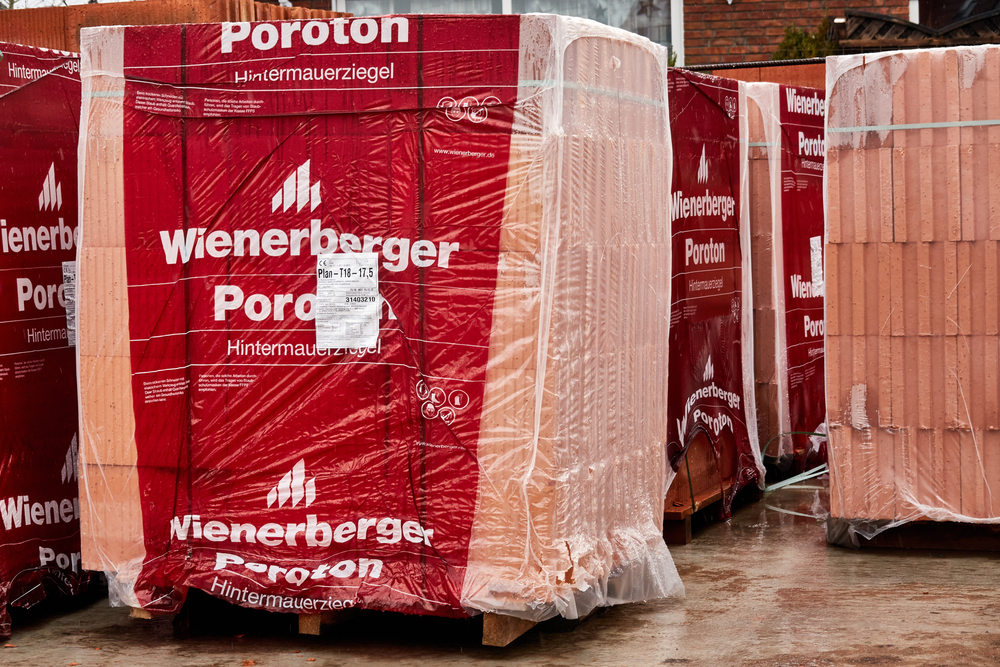1st domestic smart grid facility test successful

The smart grid facility test of the CPI's Balance Hall office building was successful, according to a press release sent to the Budapest Business Journal.
The project makes it possible to periodically reduce power consumption through digital regulation by leveraging flexible reserves inherent in building service systems.
Domestic strategy documents adopted in the past year have opened up the possibility of completely new energy market actors emerging in the balancing energy market in response to the challenges posed by the spreading of solar panels and charging stations, the press release notes. Aggregators can now provide service based on demand-side response in a domestic environment where they can play a decisive role in grid balancing operations not by power generation, but by shifting power consumption temporally, the great advantage of which is, as opposed to running peaker plants, that demand-side intervention does not lead to additional emissions. Balancing is achieved by reduction of consumption and not by extra generation. This is called demand-side response (DSR). At the system level, about 60% of CO2 emissions stemming from balancing energy can be avoided.
Startup company Energo Hungary approached Daikin Hungary with its DSR idea about a year and a half ago. CPI Hungary joined the initiative during system integration based on sustainability principles, allowing them to work for the environment and a sustainable future not only locally, but also in cooperation with a national network.
The successful test of the system at Balance Hall office building was a result of the collaboration between these three market actors. The appliances being regulated are VRV systems designed and produced by Daikin Hungary. The technology of regulation independent from local control systems was realized by energo hungary. Within the project, regulation of the office building’s intelligent control was implemented, then first tests were carried out under real conditions. Thus, the first system capable of temporarily reducing facility power consumption based on grid demand was put into operation. The first live operation exceeded the expectations of all three participants. A temporary reduction of over 90% in the VRV systems’ power consumption was achieved, properly returning to the original operating level after the event. First phase results of the pilot demonstrated that the systems can adjust their power demand with speeds and durations suitable for the grid, and that operation is practically imperceptible within the buildings and do not result in a reduction of comfort for occupants.
Gyula Győri, director of CPI Hungary FM, said, “Facility service regulation has now reached a new level. The opportunity has emerged to take part in regulating domestic power grid systems and thereby reduce emissions in our facilities, thus contributing to the European Union’s and Hungary’s CO2 reduction plans.”
Tamás Ercsey, CEO of Energo Hungary, the first independent aggregator registered in Hungary, said, “The successful pilot offers a new approach to solving our challenges. Buildings can become the “batteries” of future sustainable grids due to their heat storage capacity. Consumers can become active participants in grid balancing without investment or compromises, and receive additional revenue for it.”
“Daikin’s product portfolio holds great reserves and opportunities that we’re happy to take advantage of as partners now and in the future,” said Balázs Zuggó, executive director of Daikin Hungary. “We contribute to the continuation of the smart grid facility pilot with a well-prepared professional team, engineering expertise, proactive thinking and a customer service mindset.”
SUPPORT THE BUDAPEST BUSINESS JOURNAL
Producing journalism that is worthy of the name is a costly business. For 27 years, the publishers, editors and reporters of the Budapest Business Journal have striven to bring you business news that works, information that you can trust, that is factual, accurate and presented without fear or favor.
Newspaper organizations across the globe have struggled to find a business model that allows them to continue to excel, without compromising their ability to perform. Most recently, some have experimented with the idea of involving their most important stakeholders, their readers.
We would like to offer that same opportunity to our readers. We would like to invite you to help us deliver the quality business journalism you require. Hit our Support the BBJ button and you can choose the how much and how often you send us your contributions.









